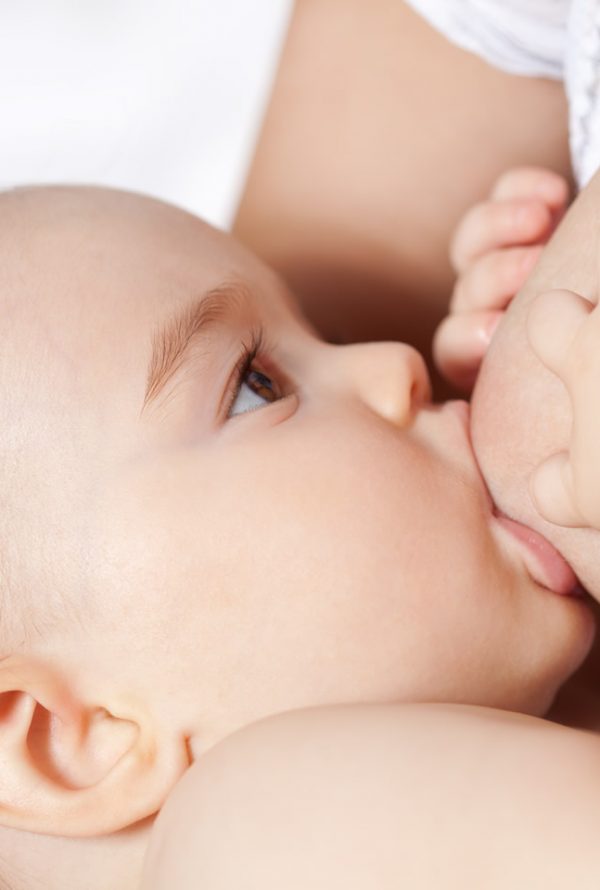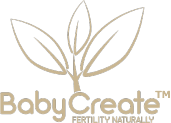
Miscarriage – Vitamin B3 Latest Research!
30 Aug 2017
4 Steps to Increasing Fertility
17 Jan 2018
The foetus in the womb is exposed to small amounts of the mother’s unique microbiome through the amniotic fluid, the umbilical cord blood and the placenta.
The Human Microbiome
Did you know there is a huge community of microorganisms (bacteria, viruses and fungi) that live in and on your body – outnumbering your cells by 10:1?
These very diverse communities are collectively called the ‘microbiome’ and have their own specific ecosystem.
The latest Medical Research has focused on the discovery that these microorganisms have a vital role to play in our nutrition, metabolism, and immunity as well as our brain and behaviour.
Sharing your unique microbiome with your baby
Right from the beginning of life, the foetus in the womb is exposed to small amounts of the mother’s unique microbiome through the amniotic fluid, the umbilical cord blood as well as the placenta.
During pregnancy, your microbial ecosystem starts to change in anticipation of giving birth and sharing your unique microbiome with your baby.
This is the beginning of how you can help to give your baby the best start in life.
6 steps you can take to give your baby the best start in life
Step 1 – Before Conception
The first and most important step to providing your future baby with a healthy immune system starts BEFORE conception!
Both parents should start improving their health and weight status at least 6-9 months prior to conceiving.
This period improves the chances of healthy egg and sperm development as well as improving the mother’s microbiome status.
Over the past 5 years, scientists have discovered that an ‘optimal vaginal ecosystem is associated with enhanced fertility, better birth outcomes and reduced risk of recurrent urinary tract infections as well as sexually transmitted diseases’.
Latest research also shows that babies born to overweight or obese mothers are more likely to become overweight or obese than those born to normal-weight mothers.
Researchers have also discovered that a link between the presence of microbiota in the infant gut appears to be reflected in maternal and child overweight status, particularly in Caesarean-delivered babies.
Step 2 – During Pregnancy
During your pregnancy make sure you follow a wholesome, healthy diet.
Include a variety of colourful vegetables, fibre and some cultured fermented foods such as kefir, kimchi, kombucha, tempeh, sauerkraut and/or a good probiotic specifically formulated for pregnancy and breastfeeding.
Look out for a reputable product that includes a variety of Bifidobacterium and Lactobacillus (including L. rhamnosus) strains. L. rhamnosus HN001 strain has been shown to reduce the incidences of actopic eczema in certain at-risk children for the first 2 years of life.
Step 3 – Giving Birth
Giving birth naturally has many advantages including the ability to pass on to your baby your own unique and flourishingly healthy vaginal microbiome.
As your baby passes through your birth canal during labour, it will come into contact with these microorganisms, which will coat the surface of your baby’s skin, eyes as well as the inside of your baby’s mouth.
This provides the first beneficial organisms your baby will come into contact with and is the beginning of a whole cycle of health-giving properties for your baby’s future wellbeing.
Step 4 – Vaginal Seeding
Unfortunately however not everyone has the option of giving birth naturally. Many women know beforehand that they will have to have a Caesarean.
In these situations there is the option of ‘Vaginal Seeding’.
This involves the insertion of a moistened sterile swab into the mother’s vagina and left in place for an hour before sealing in a sterile plastic bag.
Immediately after birth, this swab is used to wipe the baby’s mouth, eyes, face and skin so that the baby doesn’t miss out on those beneficial microbiota.
It is important to discuss this with the person who will deliver your baby to make sure you are a good candidate for vaginal seeding. If you have tested positive for Group B Streptococcus (GBS), you will not be able to do this.
Step 5 – Kangaroo Mother Care
Skin-to-skin contact – holding your baby close, so your baby is in direct contact with your bare skin – is also extremely important for the health of your newborn baby. This is called ‘Kangaroo Mother Care’ – and has been proven to be beneficial especially for premature babies.
Step 6 – Breast Feeding
Breast feeding is the final important step in attempting to give your baby’s immune system the best chance in life.
Breast milk has so many components that are essential for the health of your baby.
Besides providing nourishment, antibodies and essential hormones, breast milk has indigestible sugars that feed and sustain the good bacteria in your baby’s gut.
These bacteria will then grow and mature to become a large diverse healthy ecosystem.
Amongst other important functions including digestion, this diverse community of microorganisms helps to strengthen your baby’s immune system.
Researchers have recently discovered that the probiotic Lactobacillus reuteri, specifically the DSM 17938 strain, helps relieve colic in infants.
This particular strain was found to reduce the length of crying and the number of regurgitations per day.
I usually suggest my patients take a good probiotic specifically formulated for pregnancy and breastfeeding, from preconception all the way through until they’ve finished breastfeeding their baby.
And if their baby is formula-fed, I always suggest the administration of a good infant probiotic to the formula from birth.
Joanne Lipinski – Fertility Naturopath Melbourne
